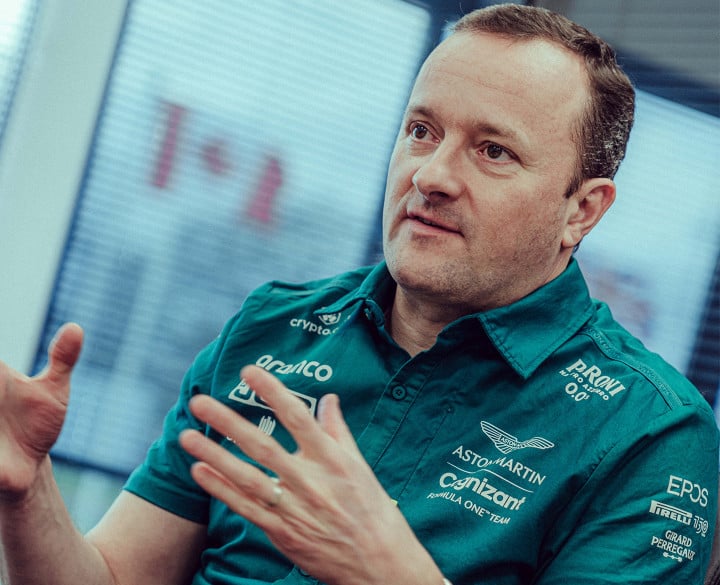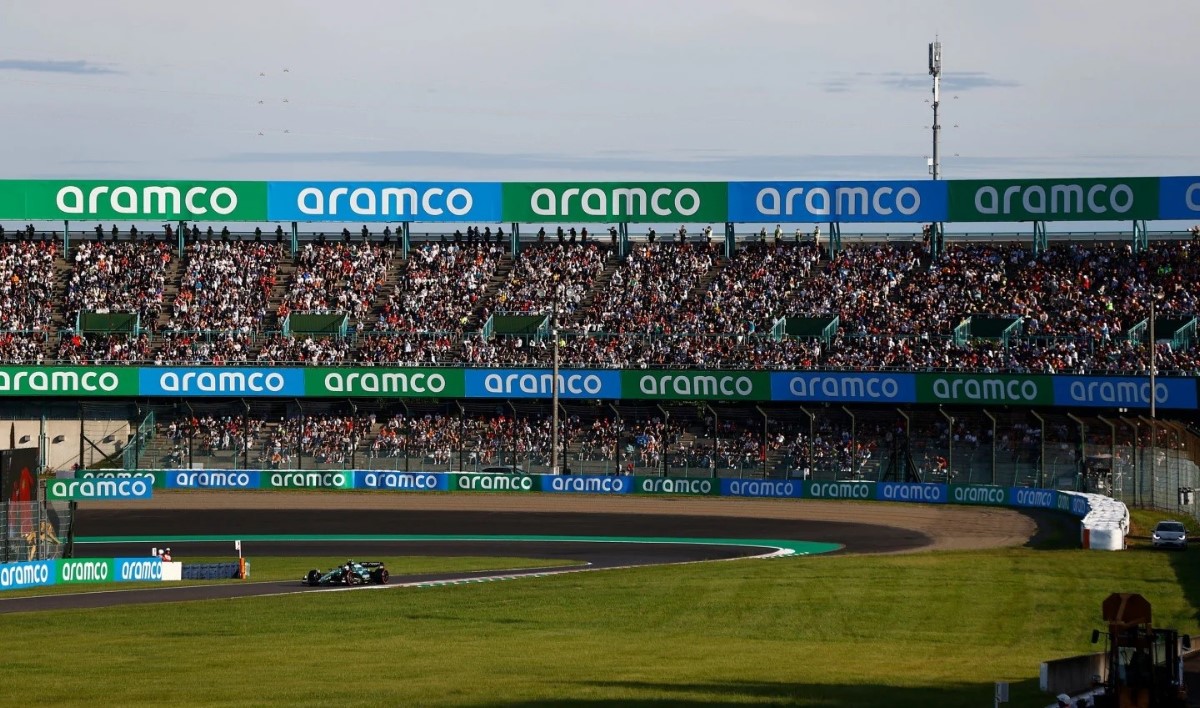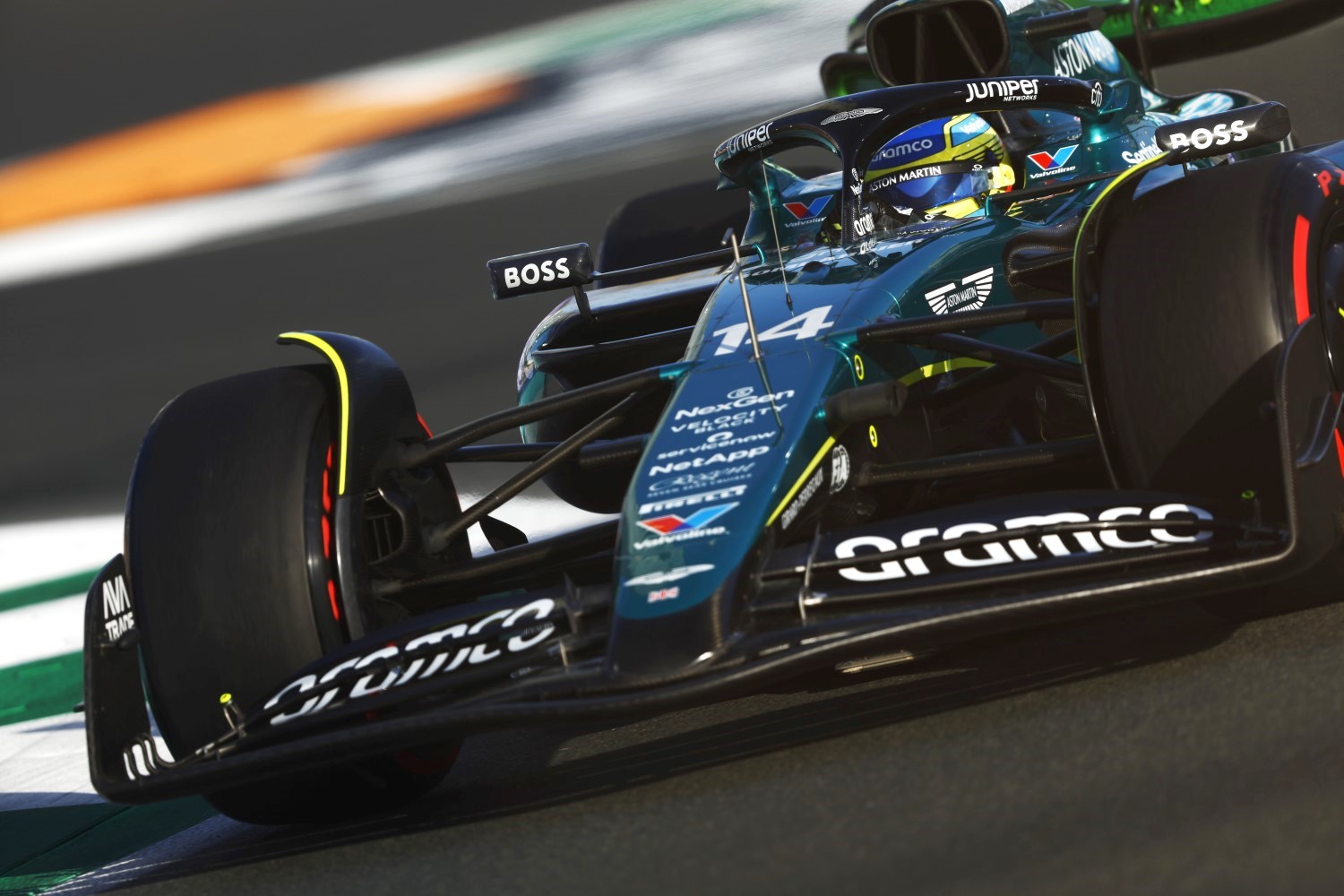Formula 1 News: How Aston Martin prepares for the Japanese GP
As the Aston Martin F1 team heads to Japan, Deputy Technical Director Eric Blandin talks us through what AMR24 has delivered so far, their upcoming updates for the Japanese GP at Suzuka, and what makes the iconic circuit so special for drivers, engineers, and fans alike.

At our season launch, AMR24 was described as a ‘strong evolution’. Three Grands Prix into the season, how much of step forward is the AMR24?
“AMR24 is performing as expected and we are where we thought we would be in the competitive order. We identified a number of areas for improvement over the winter and AMR24 has proved to be a step forward in all these areas. AMR24 is a strong platform for development, and we have a continuous development plan in place that will see us bring upgrades throughout the season.”
What’s new on AMR24 for the Japanese Grand Prix?
“We are introducing an update at Suzuka as part of our continuous development, including changes to the floor, some bodywork and a new beam wing. I’m looking forward to seeing the hard work from so many talented people in the team take to the track for the first time. It’s always exciting to see how the race car performs and how we are doing on track.
“It’s all relative, however, as other teams will bring upgrades. We’re in a competitive development race, but hopefully our upgrades will be a step forward and help us to close the gap to the front.”
Suzuka is one of the ultimate tests of car and driver. What makes it so special?
“Suzuka is a fantastic mix of low- and high-speed corners. This combination makes it really challenging and provides the opportunity to better understand the strengths and weaknesses of your car. If your car performs well here, then it should go pretty well at most circuits. It’s a special place to push a car to its limits: not only is it a real challenge for the drivers and engineers, but there’s a lot of history here and the support from fans is like nothing else.

“This year, the Japanese Grand Prix occupies a much earlier slot in the calendar than it has in the past, but I don’t see that changing things too much. Temperatures are likely to be cooler, and you’re less likely to face typhoon-type weather which we’ve often seen later in the year, but I don’t think there’ll be a massive difference in conditions.”
What’s the key to a quick lap at Suzuka?
“The Esses in the first sector are very challenging, and we have seen in the past that if you have a car that is strong in sector one, you’re likely to be competitive at Suzuka. There are two low-speed corners – the hairpin and the final chicane – but the rest of the circuit is relatively medium- to high-speed so that is the crucial thing to consider when it comes to setup.”
Suzuka is eight hours ahead of Silverstone. How does the team combat the logistical challenges of racing on the other side of the world from the Aston Martin Racing Technology Campus?
“A lot of parts went straight to Japan from Melbourne following the Australian Grand Prix – because you don’t want to bring everything back to the UK and then send it off again. Most of the team who went to Australia came back home, but some stayed in that part of the world and have gone straight to Japan to minimize the change of time zone. Those who travelled to Japan from the UK left a bit earlier than for a European race to also have time to adapt.
“We also have a lot of people who are working at the AMR Technology Campus but on the Japan time zone, so that means that they have to offset their days as well. They will start work in the early hours of the morning, before the first sessions get underway in Japan, and then work all the way through until after the sessions are complete. Many of them began shifting their body clocks from Monday in preparation for the weekend.”
Two years from now, the Japanese Grand Prix will become an adopted home race for the Aston Martin team with Honda supplying your power units from 2026. How is Honda’s integration with the team progressing?
“The program to develop a new power unit takes several years so we began working with Honda immediately after we announced our works partnership in May last year. Although teams are prohibited from working on the 2026 regulations from an aerodynamic point of view and the regulations haven’t been fully defined yet, we have been able to commence our partnership with Honda. We’ve had a really positive and encouraging start to our collaboration; we’re working well together, exchanging plenty of ideas and we’re excited for what the future holds.”
